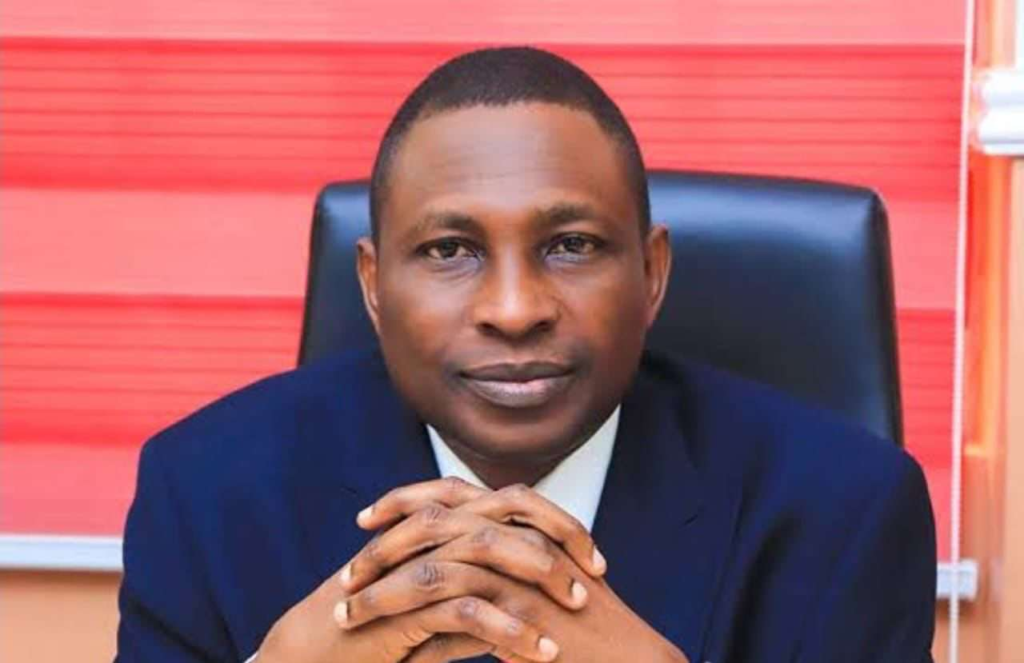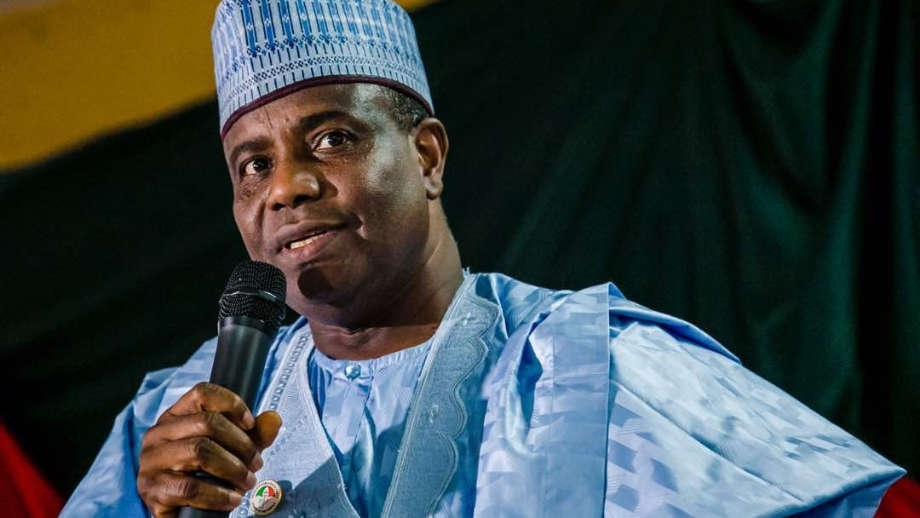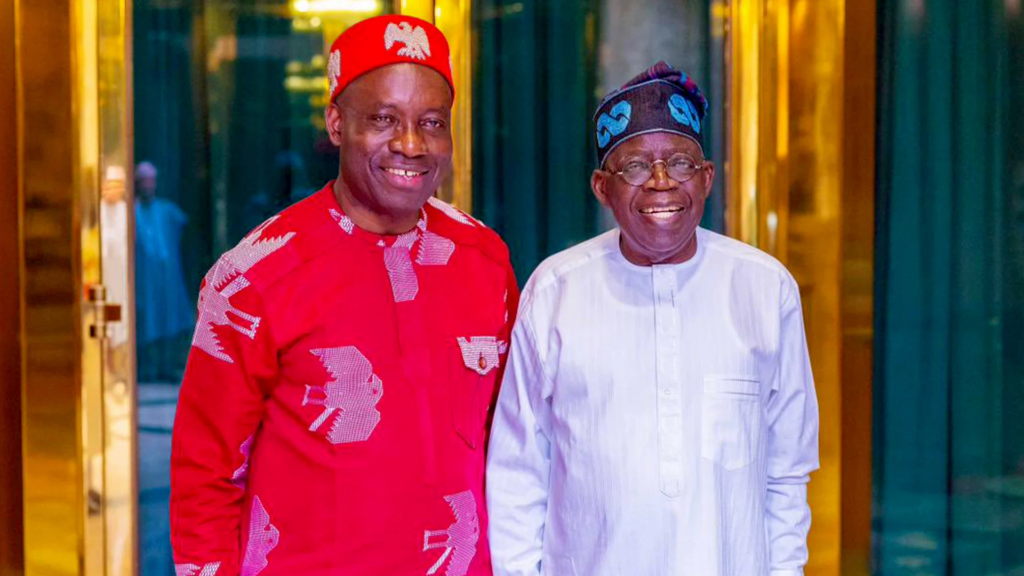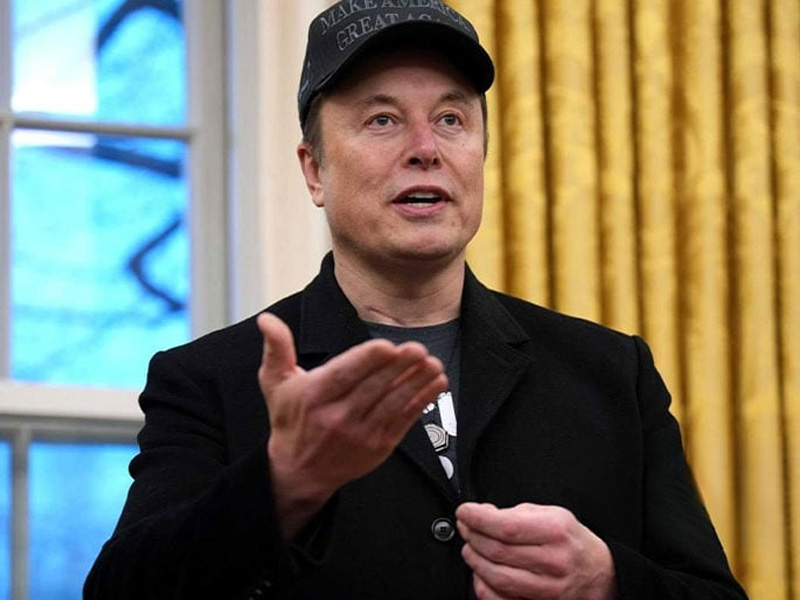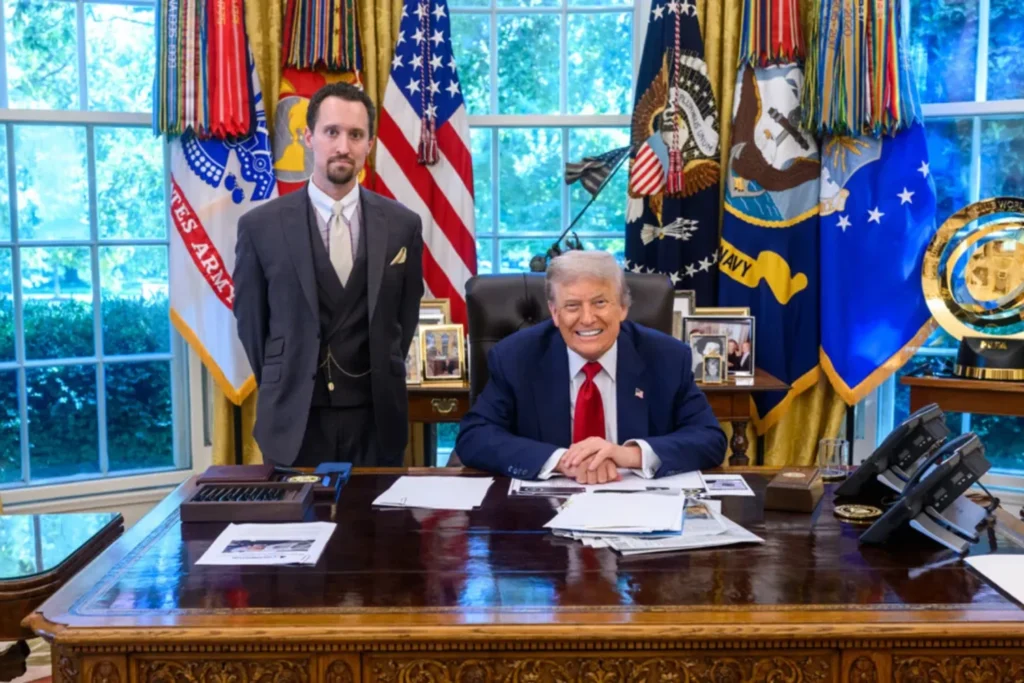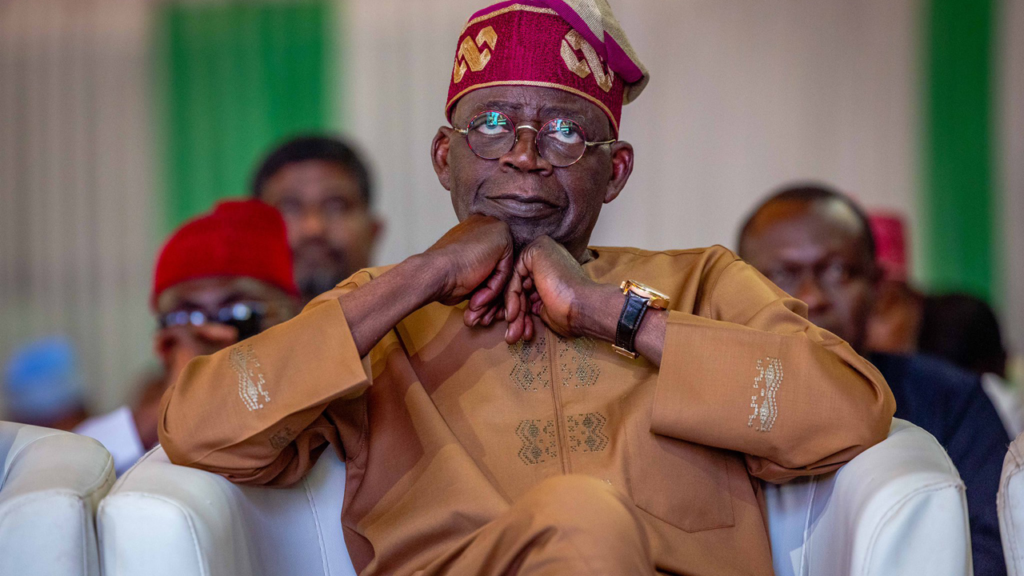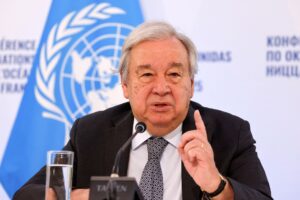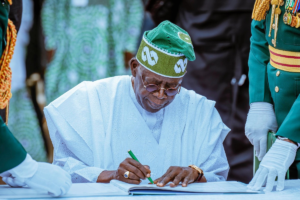A United States Congressman, Scott Perry, has alleged that the U.S. Agency for International Development (USAID) provided $697 million annually in funding to terrorist organizations, including Boko Haram. His claims have raised concerns among security experts and diplomats in Nigeria.
Perry, a Republican from Pennsylvania, made the assertion during a congressional hearing on government efficiency, citing alleged misappropriations of taxpayer funds.
According to Perry, USAID allocated $136 million to build 120 schools in Pakistan, yet there is “zero evidence” that any schools were actually constructed.
He also questioned:
- $60 million annually for the Women’s Scholarship Endowment
- $5 million annually for the Young Women Lead program
Perry suggested these funds may have been diverted to terrorist groups rather than being used to empower women.
His allegations sparked concerns over the misuse of U.S. taxpayer funds and the potential support of terrorist activities.
President Donald Trump had previously suspended USAID and other foreign aid programs, citing corruption concerns within the agency.
Reacting to Perry’s claims, Mike Ejiofor, a former Director of Nigeria’s Department of State Services (DSS), said the allegations were not surprising, as Nigeria’s Chief of Defence Staff (CDS) had previously warned that some international NGOs were collaborating with terrorist groups.
Ejiofor emphasized that further investigation by Nigeria’s National Assembly and security agencies was necessary to determine the veracity of the allegations.
Ejiofor also suggested that some foreign governmental and non-governmental organizations could be operating as fronts and should be thoroughly examined.
When asked if such aid agencies should be banned in Nigeria’s crisis-prone areas, he stated that “a ban should only follow after investigations conclude and culpability is established.”
“Proper investigation should be carried out by the National Assembly since the revelation was made by the U.S. Congress,” Ejiofor added.
With Perry’s claims now under scrutiny, calls for greater oversight of international aid funding in Nigeria are growing, as concerns mount over the potential exploitation of foreign assistance programs.







